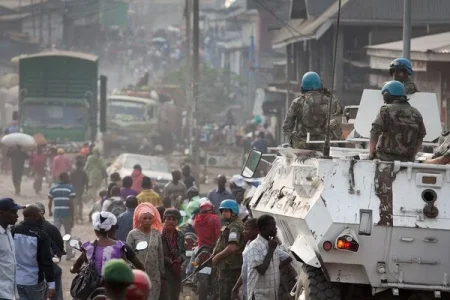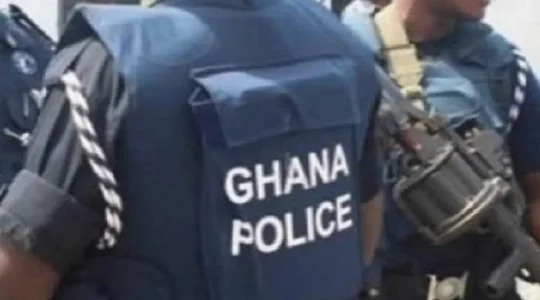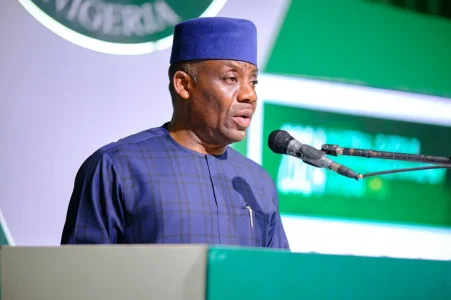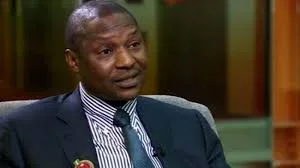
Image Credit: MONUSCO/Sylvain Liechti
The ongoing conflict in eastern DRC has escalated with M23 rebels seizing Goma, a strategic city. The region’s mineral wealth, Rwanda’s involvement, and ethnic tensions are key factors. Humanitarian crises intensify, with thousands displaced and casualties mounting, while peace efforts remain fragile in this volatile region.
The ongoing conflict in the eastern Democratic Republic of Congo (DRC) has its roots in the aftermath of the 1994 Rwandan genocide, which caused widespread instability in the region. For more than three decades, armed groups have fought for control of the mineral-rich areas, leading to devastating consequences not only for Congo but also for neighboring countries.
The M23 rebel group, which is predominantly led by ethnic Tutsis, has once again risen to prominence, seizing nearly all of Goma, a major city and trading hub in eastern Congo. The city sits near the border with Rwanda and is strategically important due to its proximity to mining towns that supply valuable minerals like gold, tin, and coltan, essential for global electronics production. With over a million residents in Goma, the situation has resulted in severe humanitarian consequences, with food and water shortages and overwhelmed hospitals.
The M23’s actions are linked to their grievances with the Congolese government, specifically over unfulfilled promises of protection for Tutsi communities. Rwanda’s involvement in the conflict remains controversial, with numerous reports suggesting that the Rwandan government has supported the M23 with weapons and even direct military engagement. Rwanda argues that it is simply protecting itself from the presence of the FDLR, a Hutu militia that played a role in the Rwandan genocide and remains active in the DRC.
Efforts for peace have been made, but ceasefires are short-lived, and tensions remain high. The conflict has also drawn in other nations, with troops from South Africa, Malawi, and the Southern African Development Community (SADC) working alongside the UN peacekeepers, who have struggled to contain the violence. Despite international involvement, the region remains one of the world’s most volatile, with a long road ahead to lasting peace.




